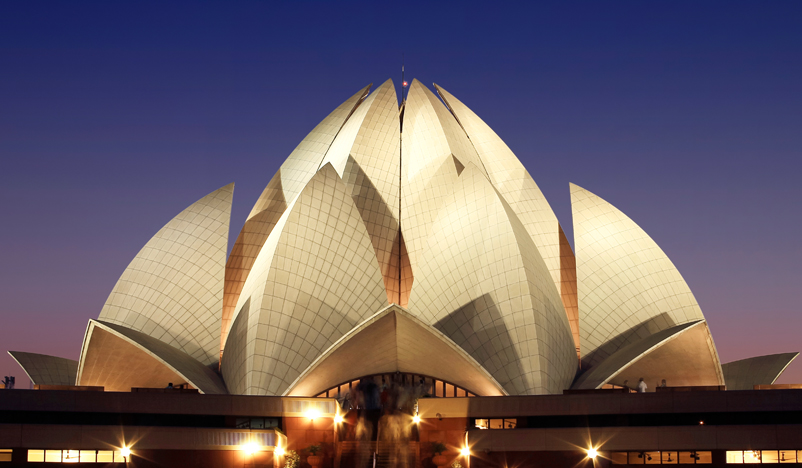India’s popularity as a country stems from its rich tapestry of culture, history, diversity, and achievements across various fields. From its ancient civilization to its modern-day advancements, India captivates the world’s imagination with its vibrant colors, dynamic energy, and enduring legacy. Let’s explore the factors that contribute to India’s popularity:
1. Cultural Heritage:
India’s cultural heritage is a treasure trove of traditions, customs, arts, and spirituality that span thousands of years. From the majestic temples of Khajuraho to the serene backwaters of Kerala, India’s diverse landscape is dotted with architectural marvels, UNESCO World Heritage Sites, and sacred pilgrimage destinations. Its classical dance forms, such as Bharatanatyam and Kathak, mesmerize audiences with their grace and storytelling, while traditional festivals like Diwali, Holi, and Navratri showcase the country’s festive spirit and cultural richness.
2. Spirituality and Philosophy:
India is revered as the birthplace of major religions such as Hinduism, Buddhism, Jainism, and Sikhism, as well as the ancient spiritual practices of yoga and meditation. The Ganges River, considered sacred by millions, flows through the heart of India, while pilgrimage sites like Varanasi, Rishikesh, and Bodh Gaya draw seekers from around the globe. India’s spiritual teachings, embodied in texts like the Bhagavad Gita and the Vedas, inspire seekers on a quest for inner peace, self-discovery, and enlightenment.

3. Cuisine and Flavors:
Indian cuisine is celebrated worldwide for its diverse flavors, aromatic spices, and culinary creativity. From the fiery curries of the south to the savory chaats of the north, India’s culinary landscape is a melting pot of regional specialties and street food delights. Popular dishes like biryani, butter chicken, dosa, and samosa tantalize taste buds with their rich textures and complex flavors. The popularity of Indian cuisine has led to the proliferation of Indian restaurants and food festivals across the globe, making it a global culinary favorite.
4. Bollywood and Entertainment:
Bollywood, India’s prolific film industry, churns out thousands of movies each year, capturing the hearts of millions with its colorful costumes, catchy songs, and dramatic storylines. Indian cinema’s global appeal extends beyond its borders, with Bollywood stars becoming household names and Indian films earning international acclaim at film festivals and box offices worldwide. From epic historical dramas to contemporary romances, Bollywood reflects India’s cultural zeitgeist and serves as a cultural ambassador on the global stage.
5. Economic Growth and Innovation:
India’s emergence as one of the world’s fastest-growing economies has propelled it onto the global stage as a hub for innovation, entrepreneurship, and investment. The country’s burgeoning tech industry, led by major IT firms such as Infosys, TCS, and Wipro, has positioned India as a global leader in software development, digital services, and innovation. Moreover, India’s startup ecosystem is thriving, with Bangalore, Mumbai, and Delhi-NCR emerging as hotspots for tech innovation and entrepreneurship.
6. Political and Democratic Values:
As the world’s largest democracy, India’s political system is a testament to its commitment to democratic values, pluralism, and freedom of expression. Despite its challenges, India’s vibrant democracy allows for a diverse range of voices, opinions, and debates to flourish, making it a beacon of democratic governance in the region. Elections in India, with their massive scale and peaceful transitions of power, are watched closely by the global community, reaffirming India’s commitment to democratic ideals.
7. Global Diplomacy and Soft Power:
India’s diplomatic outreach and soft power initiatives have bolstered its influence and visibility on the global stage. Through initiatives like the International Solar Alliance (ISA) and the Act East policy, India seeks to foster partnerships, cooperation, and connectivity across regions. Additionally, India’s cultural diplomacy efforts, such as the Festival of India and the promotion of yoga and Ayurveda, showcase its rich heritage and values to the world, strengthening people-to-people ties and fostering mutual understanding.
8. Social Innovation and Development:
India’s social innovation and development initiatives address pressing challenges such as poverty, education, healthcare, and sanitation. Programs like the Mahatma Gandhi National Rural Employment Guarantee Act (MGNREGA) and Swachh Bharat Abhiyan aim to empower rural communities, improve living standards, and promote sustainable development. Moreover, India’s ambitious space program, led by ISRO, focuses on leveraging space technology for societal benefits, including communication, navigation, and disaster management.
9. Environmental Conservation and Sustainability:
India’s commitment to environmental conservation and sustainability is reflected in initiatives such as the National Mission for Clean Ganga (Namami Gange) and the National Action Plan on Climate Change. The country is investing in renewable energy sources such as solar and wind power, promoting afforestation and biodiversity conservation, and adopting eco-friendly practices to mitigate climate change and preserve natural resources.
10. Soft Skills and Cultural Influence:
Indian professionals are renowned for their soft skills, including communication, adaptability, and teamwork, making them sought after in global markets. Indian cultural exports, including yoga, Ayurveda, and Bollywood, have gained popularity worldwide, influencing lifestyles, wellness practices, and entertainment trends. Moreover, the Indian diaspora, with its global presence and contributions, serves as a bridge between India and the world, fostering cultural exchange and economic ties.
In conclusion, India’s popularity as a country is rooted in its rich cultural heritage, spiritual wisdom, culinary delights, economic dynamism, democratic values, diplomatic outreach, social innovation, environmental stewardship, and soft power influence. As India continues its journey of growth and development, its global influence and appeal are poised to grow, shaping the world’s perception and engagement with this vibrant and diverse nation.